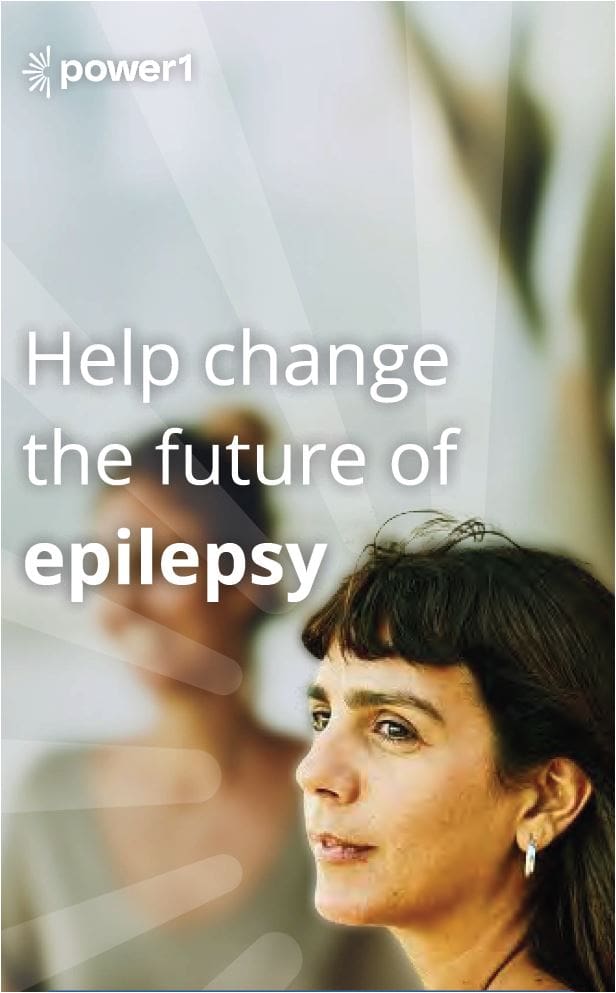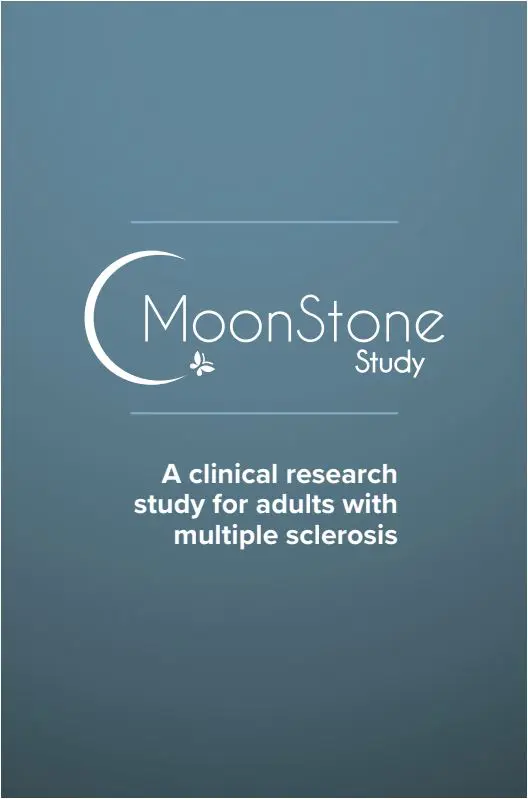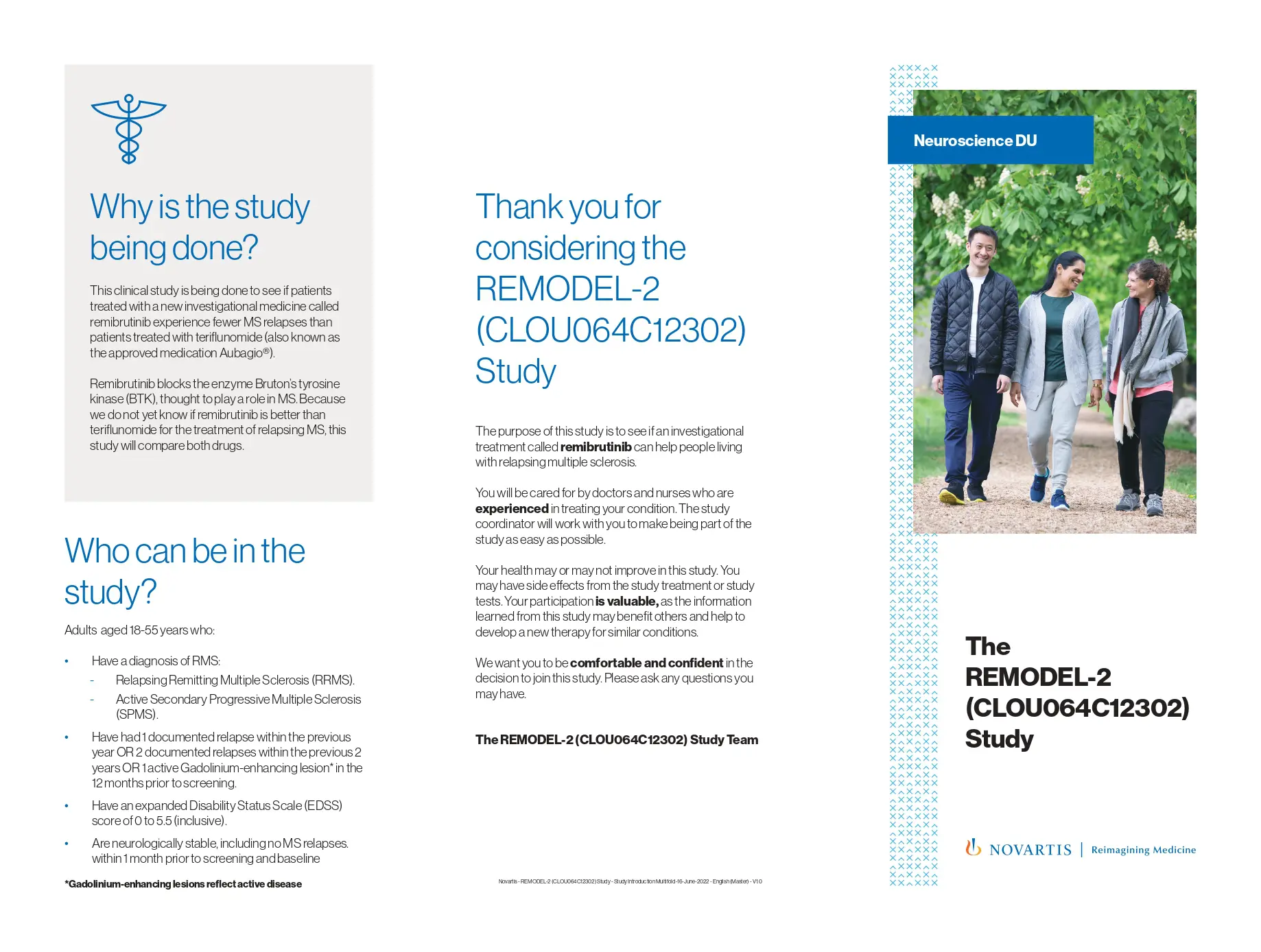Research Studies
Currently Enrolling Studies
Cenobamate Monotherapy in Adults with Partial-Onset Seizures (YKP3089C049)
This is a multicenter, open-label study evaluating the safety and efficacy of Cenobamate as monotherapy in adults with newly diagnosed or recurrent partial-onset seizures.
Eligibility:
- Adults aged 18 years and older.
- Diagnosed with partial-onset seizures.
- Currently not on any antiepileptic drugs or willing to transition to monotherapy.
Study Details:
- Visits: Participants will undergo an initial screening, followed by regular visits throughout the treatment period for monitoring and assessments.
- Status: Open and enrolling.
- Sponsor: SK Life Science, Inc.
Website: Cenobamate Monotherapy Study | SK Life Science
Learn More: https://clinicaltrials.gov/study/NCT04513860

POWER-1 study (PRAX-628-321) focal epilepsy
A randomized, double-blind, placebo-controlled trial evaluating the safety and efficacy of a new investigational drug for treating focal onset seizures in adults.
Eligibility:
- Age: 18–75 years old
- Currently experiencing focal onset seizures
- Taking one or more anti-seizure medications
Study Details:
- Visits: Up to 9 weeks of screening, 12 weeks of treatment, and 2 weeks of follow-up. Most visits can be completed from home, with only 2 in-office visits required in some cases.
- Enrollment: 400 participants
- Status: Open and enrolling
- Sponsor: Praxis Precision Medicines

This study aims to examine the efficacy and safety of obexelimab in participants with relapsing multiple sclerosis
Eligibility:
- Age: 18–60 years old
- Primary progressive MS or secondary progressive MS without relapses
- Meet criteria for neuromyelitis optica spectrum disorder
- Relapse in the 30 days prior to randomization
- ≥ 10 years disease duration from onset with patient's EDSS ≤ 2.0 (patient reported is adequate in absence of written medical record)
- An EDSS of ≤ 5.5 at the Screening Visit
- Must have documentation of:
- . at least 1 relapse within the previous year OR
- . ≥ 2 relapses within the past 2 years OR
- . ≥ 1 active Gd-enhancing brain lesion on an MRI scan within the past 6 months prior to screening
- Not of childbearing potential or willing to follow contraceptive guidance Has > 20 Gd+ lesions on brain MRI at screening
Study Details:
- Visits: 52 weeks total, not exceeding 92 weeks.
Screening: At least 1 clinic visit for health checks and tests to determine eligibility.
Study Treatment Period Part A: Participants are randomly assigned to receive obexelimab (67% chance) or placebo (33% chance). Weekly visits include health checks, tests, and treatment administration.
Study Treatment Period Part B: All participants receive obexelimab (no placebo).
Follow-up Period: 1 clinic visit 12 weeks after the Week 24 visit (or the last Study Treatment Visit).
- Enrollment: 93
- Status: Open and enrolling
- Sponsor: Zenas BioPharma (USA)
Relapse Remitting Multiple Sclerosis (PTI-307-201 VISTA)
Multiple sclerosis (MS) is a chronic neurological disease characterized by inflammatory demyelination that results in the disruption of neuronal transmission and ultimately neurodegeneration and progressive disability. RRMS is defined by attacks or relapses of new MS symptoms.
This is a randomized, double-blind study of PIPE-307 or placebo in subjects with relapsing-remitting multiple sclerosis. Subjects will be randomized into 1 of 3 separate cohorts (1:1:1 randomization ratio, PIPE-307 Dose A: PIPE-307 Dose B: Placebo) for a total duration of approximately 30 weeks.
1. The subject is fluent in English.
2. Male or female 18 to 50 years of age, inclusive, at the first screening visit.
3. A diagnosis of relapsing-remitting multiple sclerosis (RRMS) according to the 2017 Revised McDonald Criteria.
Visits: Seven visits over approximately thirty-four weeks.
Enrollment: 168
Status: Open and Enrolling
Sponsor: Pipeline Therapeutics
https://clinicaltrials.gov/study/NCT06083753
https://www.nationalmssociety.org/news-and-magazine/news/ms-trial-alert-myelin-repair

Relapse Remitting Multiple Sclerosis (COMB157GUS09 SOSTOS)
This study will evaluate if relapsing-remitting MS patients who have not had a relapse in the past year would benefit from a switch to ofatumumab versus staying on their continued current therapy.
1. Age 18-45
Visits: Thirteen visits over approximately twenty-one months plus 1 week for screening.
Enrollment: 150
Status: Open and Enrolling
Sponsor: Novartis


Relapse Remitting Multiple Sclerosis (BLS-11-404 SIMPLE)
This is a Prospective, Observational Study of Bafiertam Evaluating Persistence on Treatment, Safety, Tolerability, And Effectiveness In Routine Clinical Practice.
Adult participants with a diagnosis of RRMS who have been receiving continuous treatment with Bafiertam monotherapy per the approved product label for no more than 3 months (90 days) are eligible to enroll in the study. Their satisfaction with Bafiertam treatment will be assessed using a 9-Item Treatment Satisfaction Questionnaire for Medication (TSQM-9). Patients are to be included in the study.
1. Male or non-pregnant female aged 18 years and older.
2. Participants diagnosed with Relapsing forms of multiple sclerosis R(RMS) and satisfy the approved therapeutic indication for Bafiertam per the approved product labeling.
3. Participants may enroll if they are within 90 days of initiating therapy with Bafiertam.
Visits: Four visits over approximately 12 months (clinical and phone visits permitted).
Enrollment: 100
Status: Enrolling by Invitation
Sponsor: Banner Life Sciences
REMODEL 2
- A randomized, double-blind, double-dummy, parallel-group study comparing the efficacy and safety of remibrutinib vs. teriflunomide in participants with relapsing multiple sclerosis, followed by extended treatment with open-label remibrutinib
- Age 18-55 years old
- One documented clinical relapse within 12 months or at least two documented relapses within the last 2 years OR the presence of at least one T1Gd+ lesion on MRI in the last 12 months
- Visits: 13 study visits over approximately 2.5 years, with a visit about every 3 months
- Enrollment: 800 participants
- Status: Upcoming enrollment
- Sponsor: Novartis

Now Enrolling
REMODEL 2
- A randomized, double-blind, double-dummy, parallel-group study comparing the efficacy and safety of remibrutinib vs. teriflunomide in participants with relapsing multiple sclerosis, followed by extended treatment with open-label remibrutinib
- Age 18-55 years old
- One documented clinical relapse within 12 months or at least two documented relapses within the last 2 years OR the presence of at least one T1Gd+ lesion on MRI in the last 12 months
- Visits: 13 study visits over approximately 2.5 years, with a visit about every 3 months
- Enrollment: 800 participants
- Status: Upcoming enrollment
- Sponsor: Novartis
Active Studies (Not Currently Enrolling)
Relapsing-Remitting Multiple Sclerosis Studies
COMB157GUS10 AGNOS
- A Phase 4 open-label study to assess the effect of ofatumumab in very early RRMS patients compared against healthy controls
- Age 18-35
- Treatment naïve to MS treatment
- Sponsor: Novartis
ML42071 CHIMES
- An open-label study to assess disease activity and biomarkers of neuronal damage in minority patients with RRMS receiving treatment with ocrelizumab
- Age 18-65
- Patients who self-identify as Black or African American or Hispanic/Latino American
- Sponsor: Genentech
RPC-1063-MS-001 ENLIGHTEN
- An open-label study describing cognitive processing speed changes in RRMS patients receiving treatment with ozanimod
- Age 18-65
- Sponsor: Celgene
GN41851 FENHANCE
- A Phase 3 double-blind, double-dummy study to evaluate the efficacy and safety of fenebrutinib compared with teriflunomide in RRMS patients
- Age 18-55
- One documented clinical relapse within 12 months or at least two documented relapses within the last 2 years OR the presence of at least one T1Gd+ lesion on MRI in the last 12 months
- Sponsor: F. Hoffmann-La Roche Ltd
EFC16034 GEMINI II
- A Phase 3 randomized, double-blind study comparing tolebrutinib to teriflunomide in patients with RRMS
- Age 18-55
- One documented clinical relapse within 12 months or at least two documented relapses within the last 2 years OR the presence of at least one T1Gd+ lesion on MRI in the last 12 months
- Sponsor: Sanofi
EFC16645 HERCULES
- A Phase 3 randomized, double-blind study comparing tolebrutinib to placebo in patients with nonrelapsing SPMS
- Age 18-60
- Absence of clinical relapses for at least 24 months
- Sponsor: Sanofi
MN43964 OLERO
- An open-label, extension, rollover study to evaluate the long-term safety and efficacy of ocrelizumab in patients with MS
- Previously enrolled in one of the Parent studies
- Sponsor: F. Hoffmann-La Roche Ltd
COMB157GUS07 OLIKOS
- A Phase 3 study to explore maintained efficacy with RMS patients on ofatumumab who discontinue IV anti-CD20 monoclonal antibody therapy
- Age 18-60
- Sponsor: Novartis
BA39731 VERISMO
- An observational study of patients on ocrelizumab to determine the incidence and mortality rates of breast cancer and all malignancies.
Essential Tremor (JZP385-201)
Essential tremor (ET) is a neurological disorder that causes your hands, head, trunk, voice, or legs to shake rhythmically.
This is a 12-week, double-blind, placebo-controlled, randomized, parallel-group, multicenter study of the safety and efficacy of JZP385 in the treatment of adult participants with moderate to severe essential tremor.
1. Participants must be 18 to 80 years of age, inclusive, at the time of signing the informed consent.
2. The patient may stay on the current essential tremor medication, except for primidone.
Visits: Twelve study visits (both clinical and phone visits) over 21 weeks.
Enrollment: 400
Status: Open and Enrolling
Sponsor: Jazz Pharmaceuticals
Migraine Studies
ABP-20001
- A randomized, multicenter, double-blind, placebo-controlled, phase 2 study of prabotulinumtoxinA for the prevention of migraine headache
- Age 18 years or older
- At least 1 year of episodic migraine or chronic migraine
- History of an average of ≥6 migraine days per month
ABP-20002
- A randomized, multicenter, dose-blinded, phase 2 extension study of prabotulinumtoxinA for the prevention of migraine headache
- Previously enrolled and completed the ABP-20001 study

